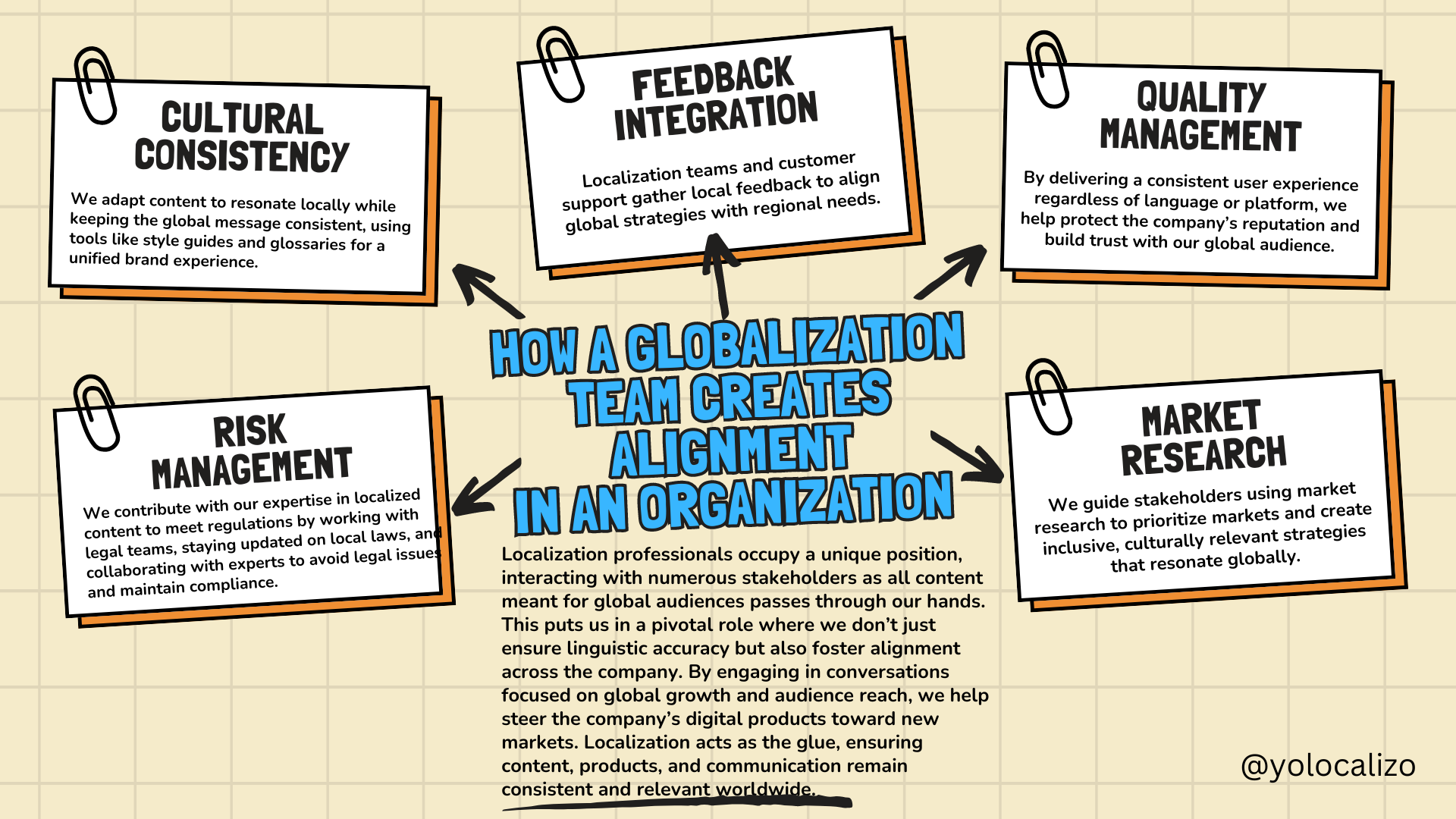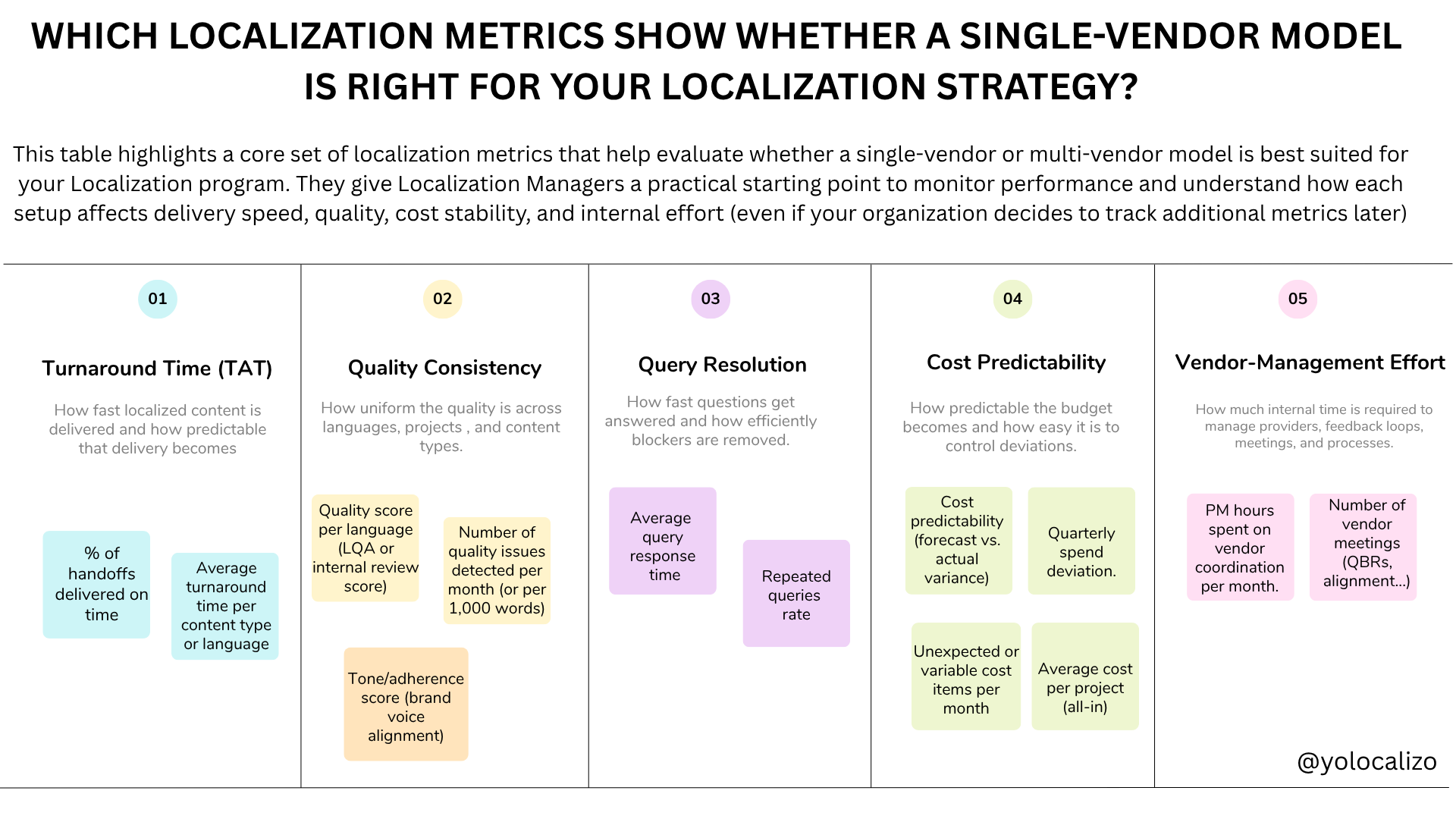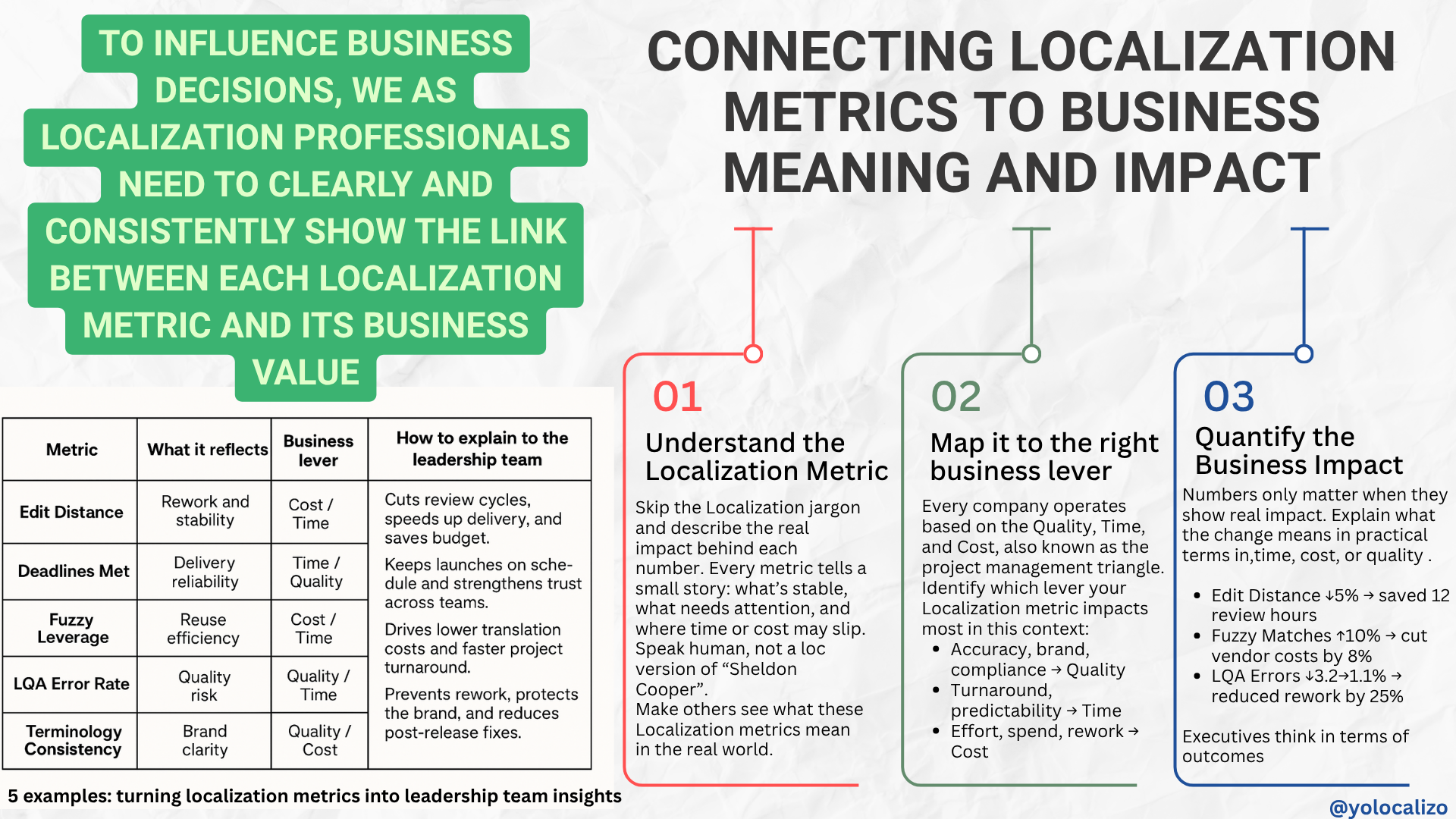AI strengths vs. Localization Professional strengths
The other day was the graduation of the daughter of one of my best friends. Leire studied English Philology (I had nothing to do with it! I promise!). She has always been attracted to the “British” world. This passion grew under the influence of Harry Potter. When you are a child, some things leave a lifelong impact, and the novels, movies, and everything that happens in the universe created by J. K. Rowling fascinated her. One thing led to another, and in the end, her passion evolved until she decided to dedicate herself to languages.
Although she still isn’t sure whether her future will take her to translation, teaching, interpretation, or any discipline that involves using languages, talking with her will inevitably bring up the topic of AI.
I had mixed feelings about talking with her about that topic….. When I saw the graduation party, I was like …. . On one hand, I kept thinking, "Oh my! The localization industry is weird right now. How complicated might it be to start from scratch in this world now!?" On the other hand, I thought maybe people thought the same about me when, a couple of decades ago, I got into this world …. and all the translation tools, translation memories, machine translation, and LQA automation started to take the stage …
In the end, I think jobs evolve. Just as the job of a localization professional is not the same today as it was 25 years ago, perhaps the same will happen in another 25 years.
So there I was, debating my thoughts about what my friend’s daughter and her classmates' jobs might be like and how AI might impact their daily lives.
And it was in this internal conflict between my lizard brain and my more positive brain that a battle began, leading me to write this post.
When something worries me, writing usually helps; it relaxes me and eases my concerns. I believe that negative thoughts are deactivated with logic and reasoning, and this happens once again. Starting a brainstorm on how AI and humans are better together helped me see things from a more positive and constructive angle.
In the end, I believe that technology helps us.
Every significant change in human history since the Industrial Revolution has been supported by technology, from the birth of factories to the appearance of the telephone and the internet, and it seems that artificial intelligence is the next step.
Deep down, together is better; it has always been that way, and I believe it always will be. That “together is better” reminded me of Simon Sinek’s little gem that explains how better things are achieved together. So, in the following paragraphs, you can find a series of reflections on how together is better, how AI and a Localization professional can coexist, and indeed reshape the way translation tasks are handled without it, meaning that a philologist cannot find a job in our industry.




Click HERE to download the infographic
AI Strengths
Some tasks in localization are handled exceptionally well by AI.
By leveraging advanced algorithms and data analysis, these tools can handle various aspects of the translation process with remarkable efficiency and accuracy. Technology plays a crucial role in streamlining workflows, from translating large volumes of text in real-time to ensuring consistent use of terminology across documents. Here are some key areas where these tools excel:
Real-Time Translation: Quickly translates and processes large volumes of text.
Consistency in Terminology: Ensures consistent use of terminology across different documents.
Pattern Recognition: Identifies and applies linguistic patterns effectively.
Automated Quality Checks: Conducts basic checks for spelling, grammar, and syntax.
Data-Driven Insights: Analyzes user preferences and feedback quickly.
Language Pair Expansion: Supports a wide range of language pairs.
Cost-Effective Solutions: Reduces costs associated with initial translations.
Handling Repetitive Tasks: Automates repetitive translation tasks.
Assisting Translators: Supports human translators by handling routine tasks.
Human Localization Strengths
While technology brings efficiency to the localization process, human expertise remains irreplaceable in many areas. The unique strengths of human localization professionals ensure that translations are not only accurate but also culturally relevant and emotionally resonant. Here are some key strengths where human localizers excel:
Cultural Sensitivity: Understand and respect cultural subtleties and contexts.
Creative Adaptation: Adapt content creatively to suit the target audience.
Deep Subject Matter Expertise: Apply specialized knowledge to ensure accuracy.
Emotional Resonance: Ensure translations evoke the intended emotions.
Contextual Understanding: Interpret context beyond the literal meaning.
Ethical Judgment: Make ethical decisions regarding sensitive content.
Personal Experience: Use personal and professional experience to enhance translations.
Problem-Solving Skills: Address complex linguistic challenges effectively.
Localization Strategy: Develop and implement effective localization strategies.
Summary
Ultimately, the magic of localization happens when technology and human talent come together. AI’s speed and consistency, paired with humans' cultural insight and creativity, create localized digital experiences that maximize engagement across different markets.
Together is better indeed, and I wish you success in life and in the profession Leire!
@yolocalizo













This feels like a pivotal moment. Localization teams are being asked to support more markets, move faster, use AI responsibly, and show impact, not just output. Expectations are higher than ever, but many teams are still trained mainly for execution. We are strong at delivering localization work, yet we often struggle to move from output to outcome and to clearly explain the impact of what we do.